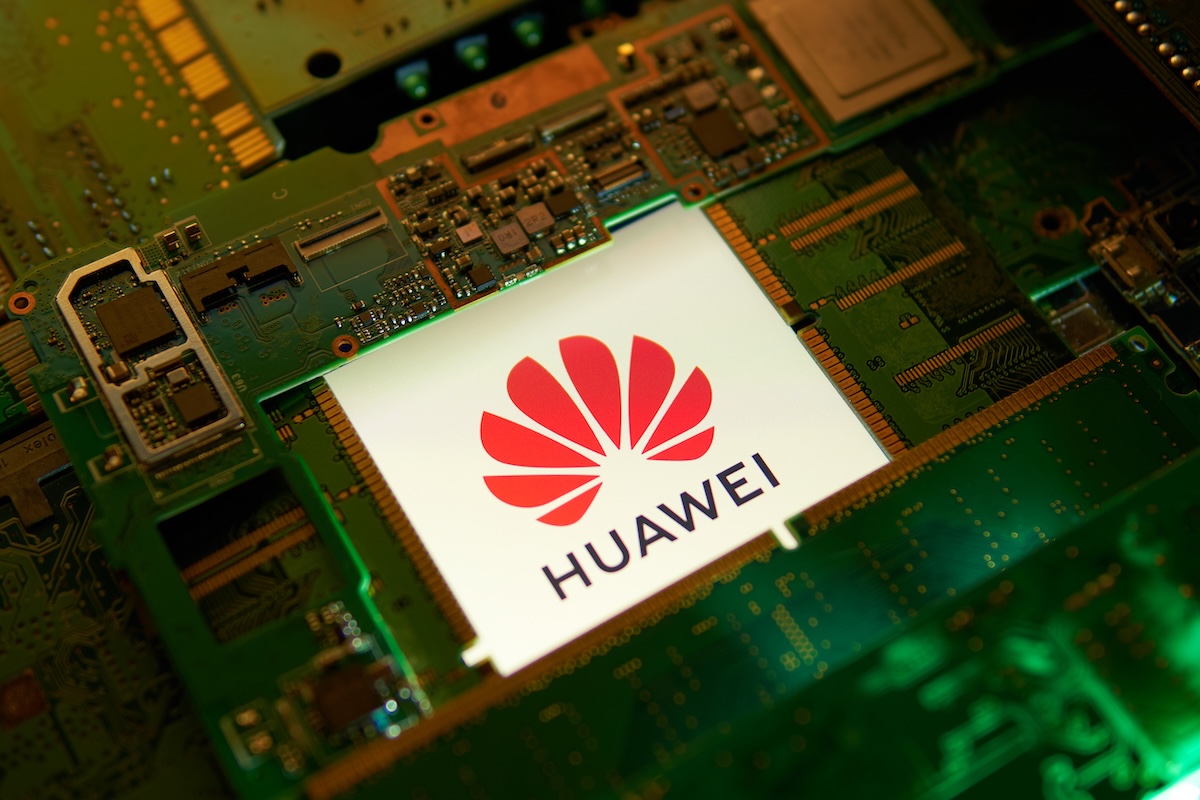
Nvidia (NVDA) stock plunged Wednesday after Trump barred the chipmaker from selling its most advanced chips to Chinese customers — a move that will reportedly cost the company $5.5 billion this quarter alone.
The stock dropped 6.9% to $104.49 yesterday, extending its year-to-date loss to 22.2%. Since peaking at a $3.65 trillion market cap in November, Nvidia has shed more than $1 trillion in value.
The latest blow came after Washington expanded a Biden-era export ban first introduced in 2022, prohibiting Nvidia from selling its H20 chips — which had been custom-designed to comply with earlier restrictions — to China.
“Nvidia specifically designed the H20 to comply with U.S. export restrictions,” said Jay Hatfield, CEO of Infrastructure Capital Advisors.
“Now, the rules have changed — and they lost $5 billion. This inconsistent trade policy is costing companies a lot of money.”
Bloomberg reported that Nvidia was briefed last week but withheld the information from some Chinese clients, likely in a bid to manage fallout from its roughly $18 billion pipeline of H20 orders placed since January.
China accounts for roughly 13% of Nvidia’s total revenue, according to its most recent filings.
If tensions escalate, that exposure could turn into a major drag on Nvidia’s balance sheet, especially as Chinese buyers look elsewhere.
Huawei and local chipmakers posted to gain in China
With Nvidia cut off, China’s largest tech companies are being forced to pivot fast.
“By restricting the H20 system, U.S. regulators are effectively pushing Nvidia’s Chinese customers toward Huawei’s AI chips,” said Nori Chiou, investment director at White Oak Capital Partners.
Major players like Tencent Holdings and ByteDance are expected to accelerate their shift to domestic chipmakers. Analysts warn they may not return to Nvidia, even if restrictions are eased later.
“Unlike Trump’s first term, when trade moves were used as bargaining tools, his current stance on China appears to be a permanent policy shift,” said Tomo Kinoshita, global market strategist at Invesco.
Commerce Secretary Howard Lutnick second Kinoshita’s view. He recently vowed to be “very strong” on limiting chip sales to China, signaling that U.S. tech export policy may have permanently turned a corner.
Your email address will not be published. Required fields are markedmarked